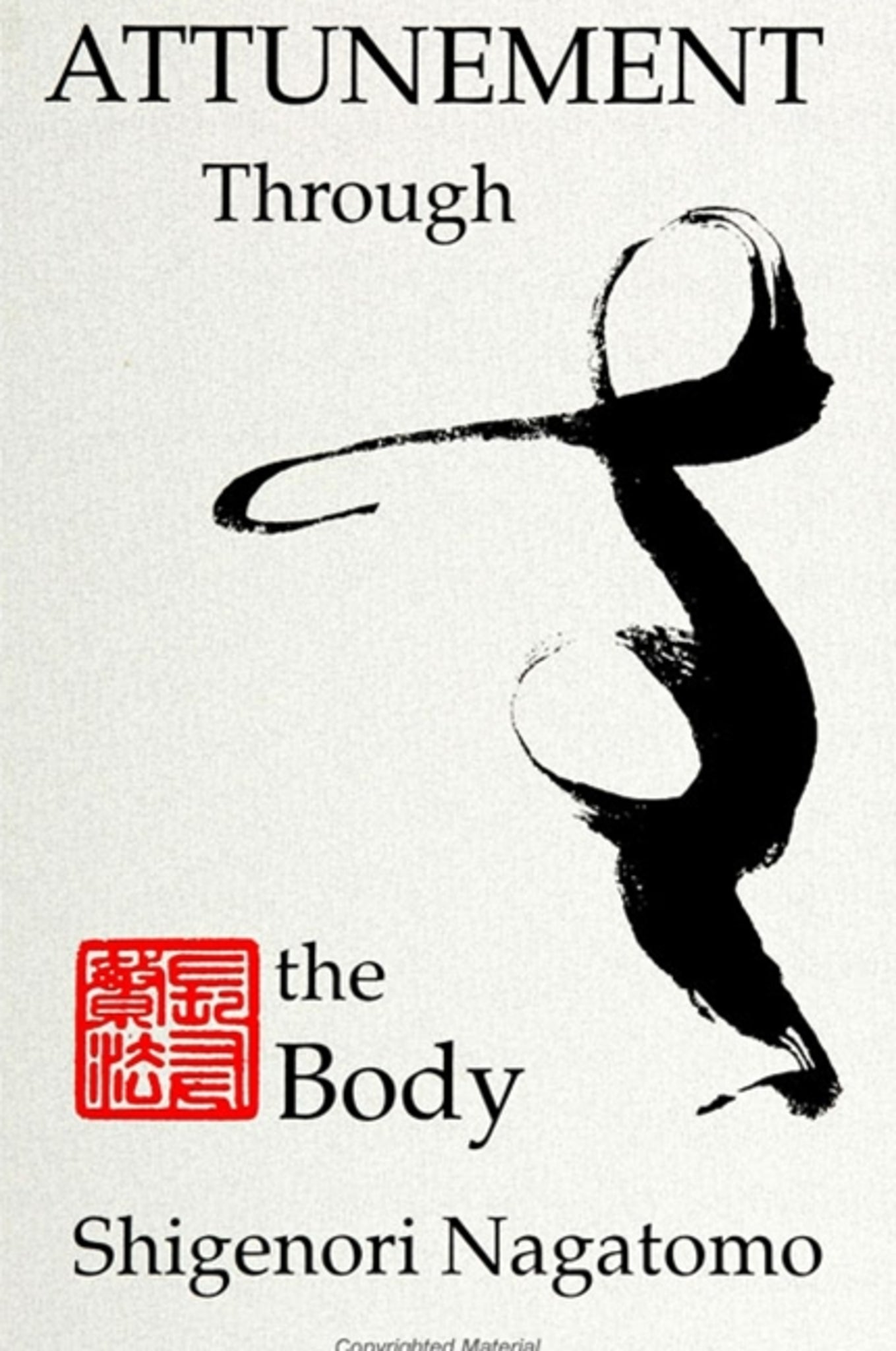We're sorry. An error has occurred
Please cancel or retry.
Attunement Through the Body

Some error occured while loading the Quick View. Please close the Quick View and try reloading the page.
Couldn't load pickup availability
- Format:
-
20 August 1992

Preparatory to restoring humaneness,Attunement Through the Body offers an innovative, philosophical model for overcoming mind-body dualism and its negative consequences through a systematic elucidation of the concept and the phenomenon of attunement. It invites readers to re-evaluate an undue emphasis placed on the cognitive, intellectual knowledge in the West.
The book examines the concept of the lived body and then articulates the transformative dimension of our everyday mode of living our bodies vis-a-vis Yuasa Yasuo's concept of body-scheme, demonstrating that the unity disclosed can be brought to a higher degree. The book further describes the transformative dimension of our bodies in theoretical and practical aspects through the concept of the body emerging in the course of meditational self-cultivation that was practiced by Dogen Kigen, a medieval Japanese Zen master.
It then develops an original philosophical theory that differs from various Western theories such as Idealism, Empiricism, and Materialism. This theory articulates modes of attunement reflecting degrees of somatic knowledge. The theory implies a lifestyle appropriate for the coming century.


"This book raises a completely new perspective on the relationship between consciousness, experience and the human body. It makes a compelling account of how our experience is carnate and then explores the rich philosophical implications of this insight." Howard Eilberg-Schwartz, Stanford University
"The book deals with a highly original thesis in an innovative and insightful way. It is well written, soundly argued, and clearly presented. The author shows a good ability to illustrate abstract philosophical ideas with concrete, specific examples, and to handle themes from Japanese thought and Western phenomenology." — Steven Heine, LaSalle University
Acknowledgments
Introduction
PART 1: TWO CONTEMPORARY JAPANESE CONCEPTS OF THE BODY: ICHIKAWA HIROSHI AND YUASA YASUO
1. Ichikawa's View of the Body
Introduction
The Subject-Body
The Body-Space
The Object-Body
2. Ichikawa's Concept of the Body Qua Structure
Structure as Functioning
The Orientational Structure
The Intentional Structure
Mineness of the Body
Concluding Remarks
3. Yuasa's Body Scheme
Introduction
Yuasa's Body-Scheme
The External Sensory-Motor Circuit
The Circuit of Coenesthesis
The Emotion-Instinct Circuit
The Summary of the Three Circuits
The Circuit of Unconcious Quasi-Body
Concluding Remarks
PART 2: A MEDIEVAL JAPANESE CONCEPT OF THE BODY: DOGEN KIGEN
4. Buddhism and Dogen's Concept of the Body
Introduction
Traditional Buddhist Concept of the Body
Human Body: The Basis For All That Appears
Dogen's Concept of Generation-Extinction
Generation-Extinction of an "I"
Conditions for Transition from "I" to "Who"
5. Dogen and the Body in Meditation
Introduction
Preparation
Attitude
The Goal of "Just Sitting"
An Analysis of "Just Sitting"
Samadhic Awareness
Oneness of the Body-Mind
Zen's Theory and Practice
6. Dogen and the Body in Transformation
Introduction
Transformation of Synthetic Function
Transformation of Affectivity
Felt Inter-Resonance
The Somatic Act
7. Dogen and the Body in Action
Introduction
Dogen's Identification of Mind with Objects
A True Human Body
Concluding Remarks
PART 3: A THEORY OF ATTUNEMENT
8. Preliminaries and a Theory of Attunement
Introduction
Personal Body: A Contingent Being
Engagement: Fundamental Modality of the Personal Body
Engagement as the Body's Attunement
9. A Sketch of a General Theory of Attunement
The Formal Conditions of Attunement
The Experimental Momentum of Attunement
The Somatic Field
Affectivity: Feeling-Judgement
Sedimentation
10. A Stratification of Engagement
Introduction
Tensionality
De-Tensionality
Non-Tensionality
Concluding Remarks
Notes
Glossary for Japanese Terms
Bibliography
Index



